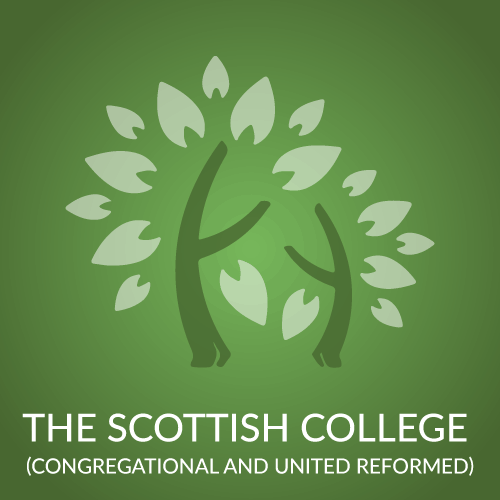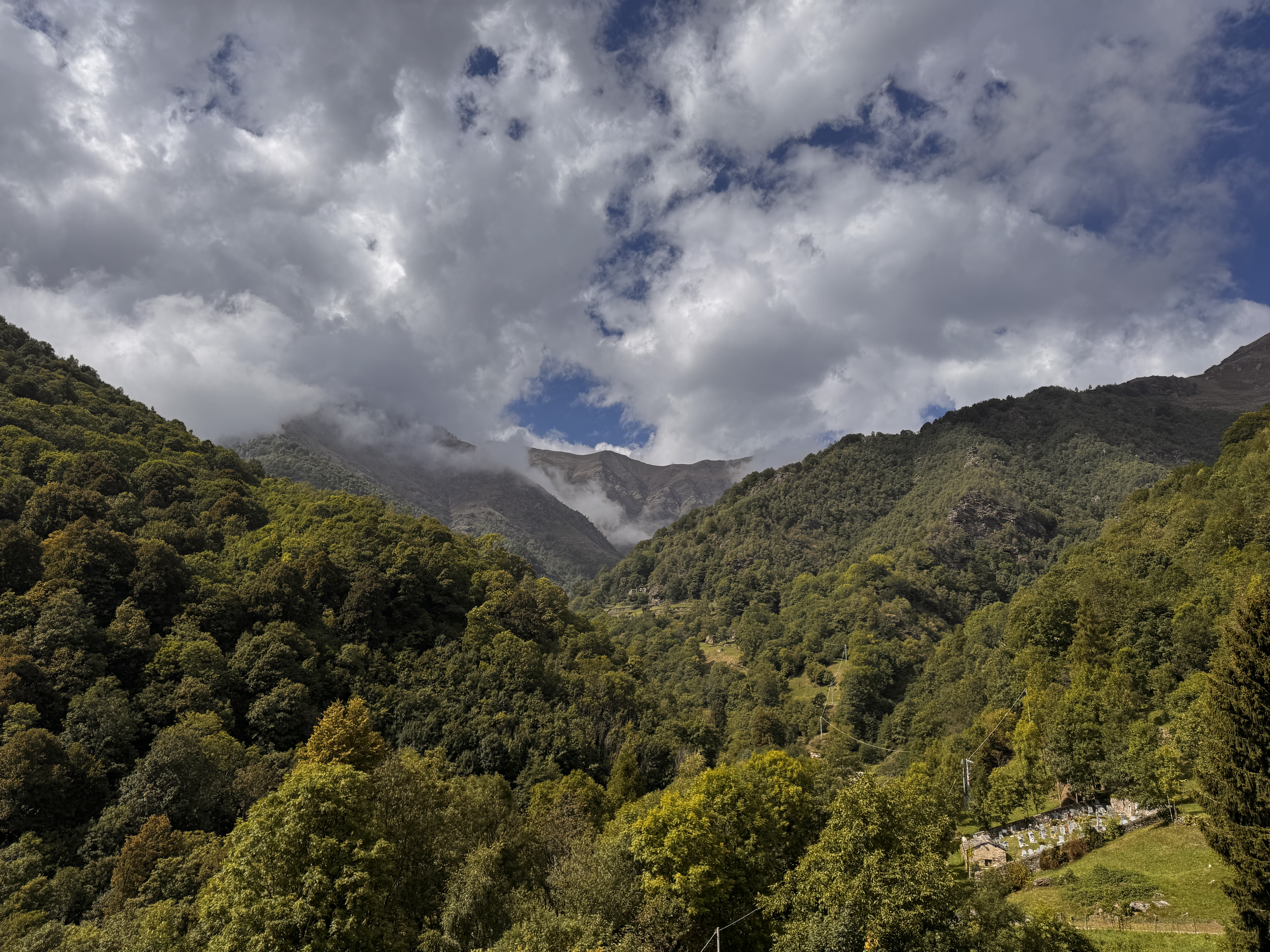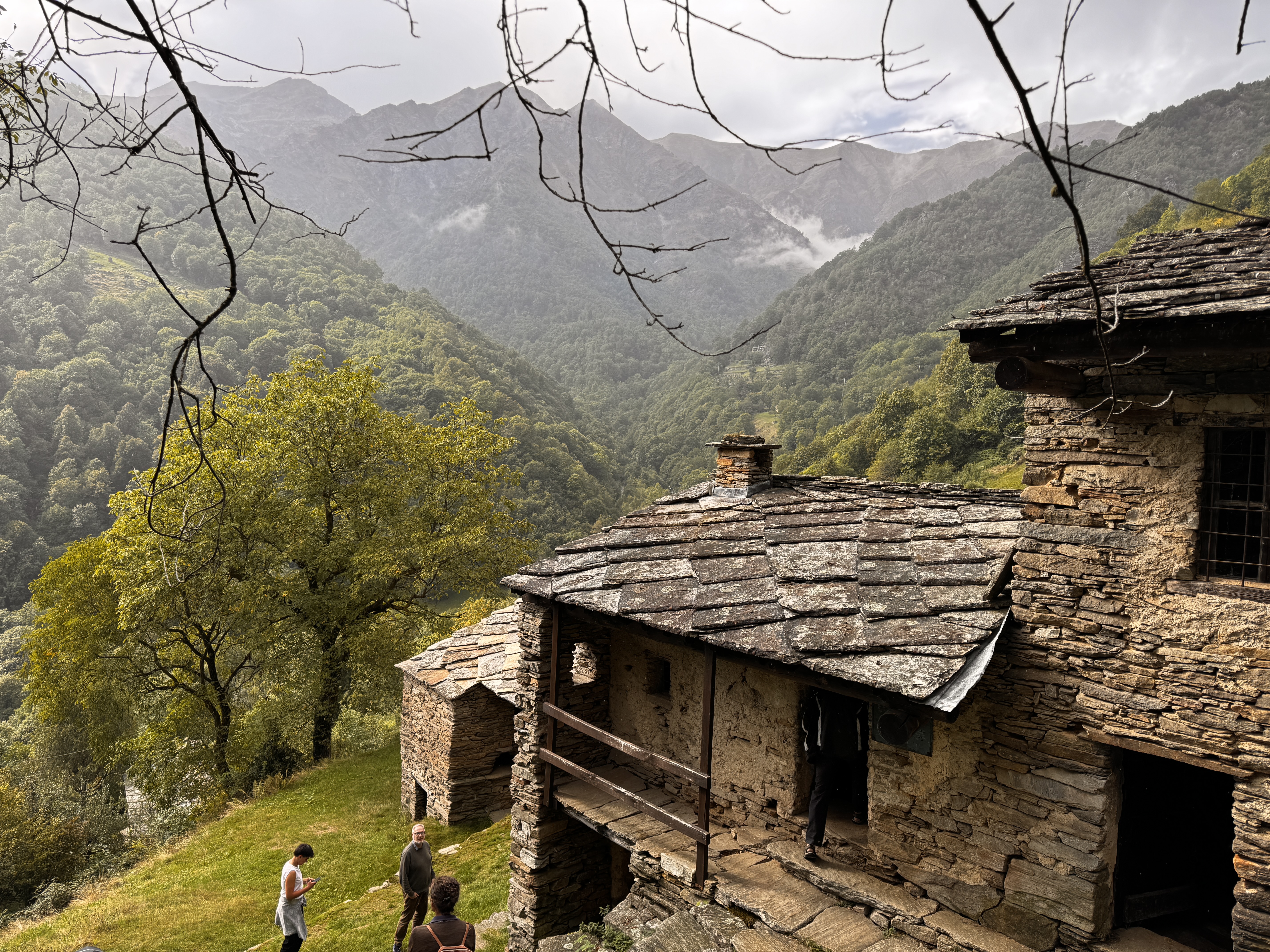LUX LUCET IN TENEBRIS
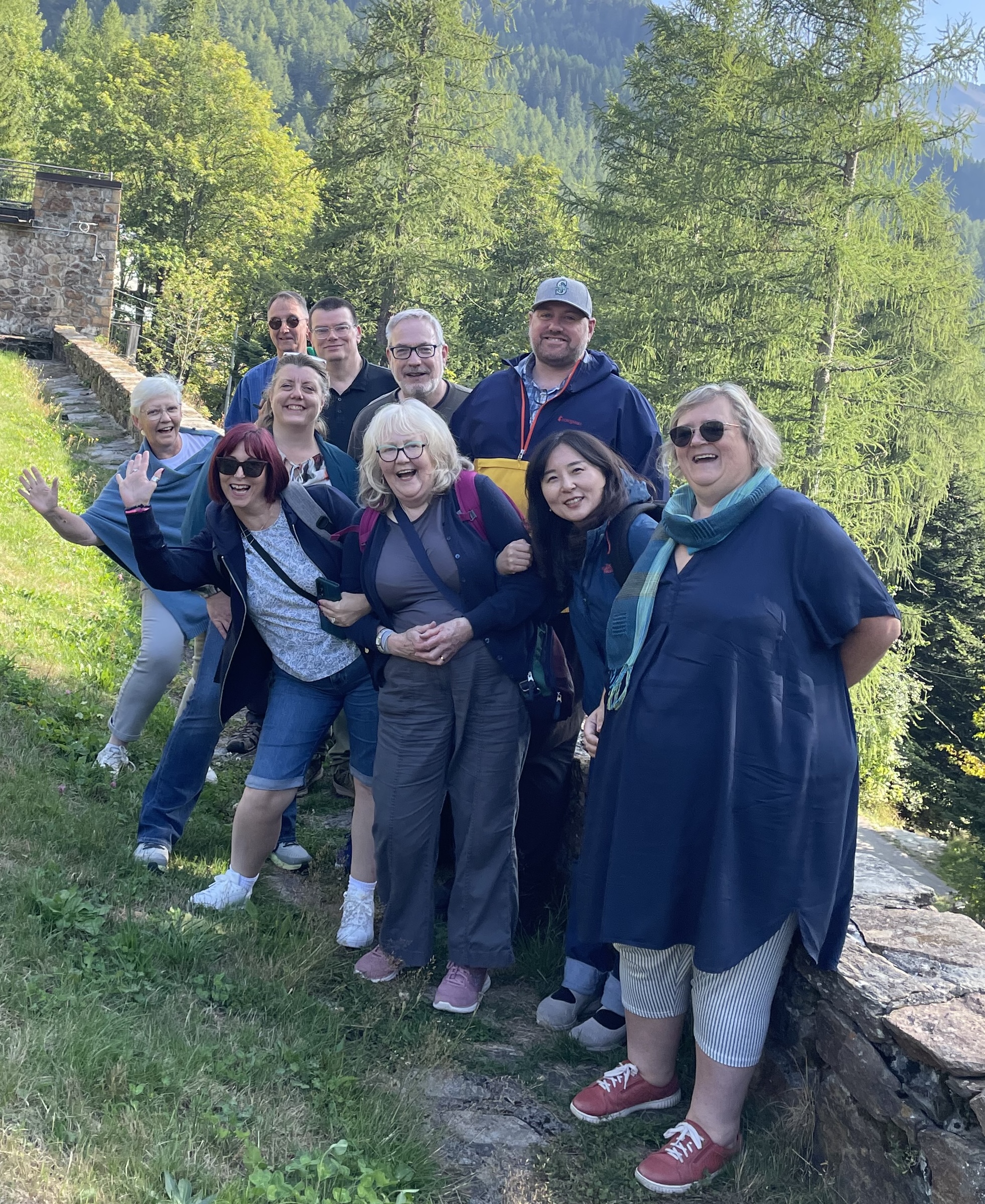
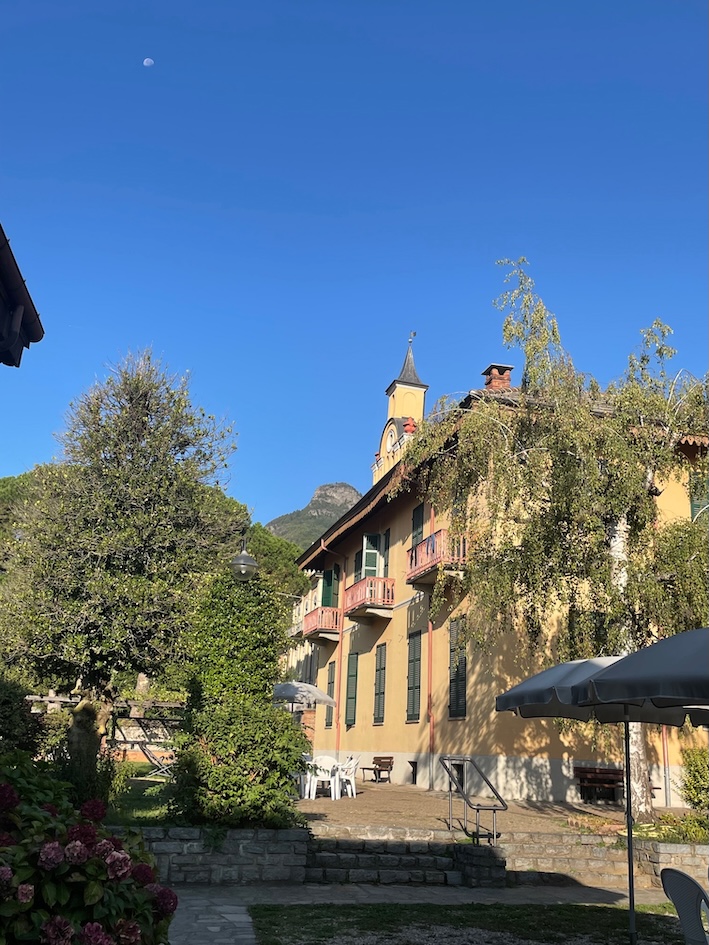
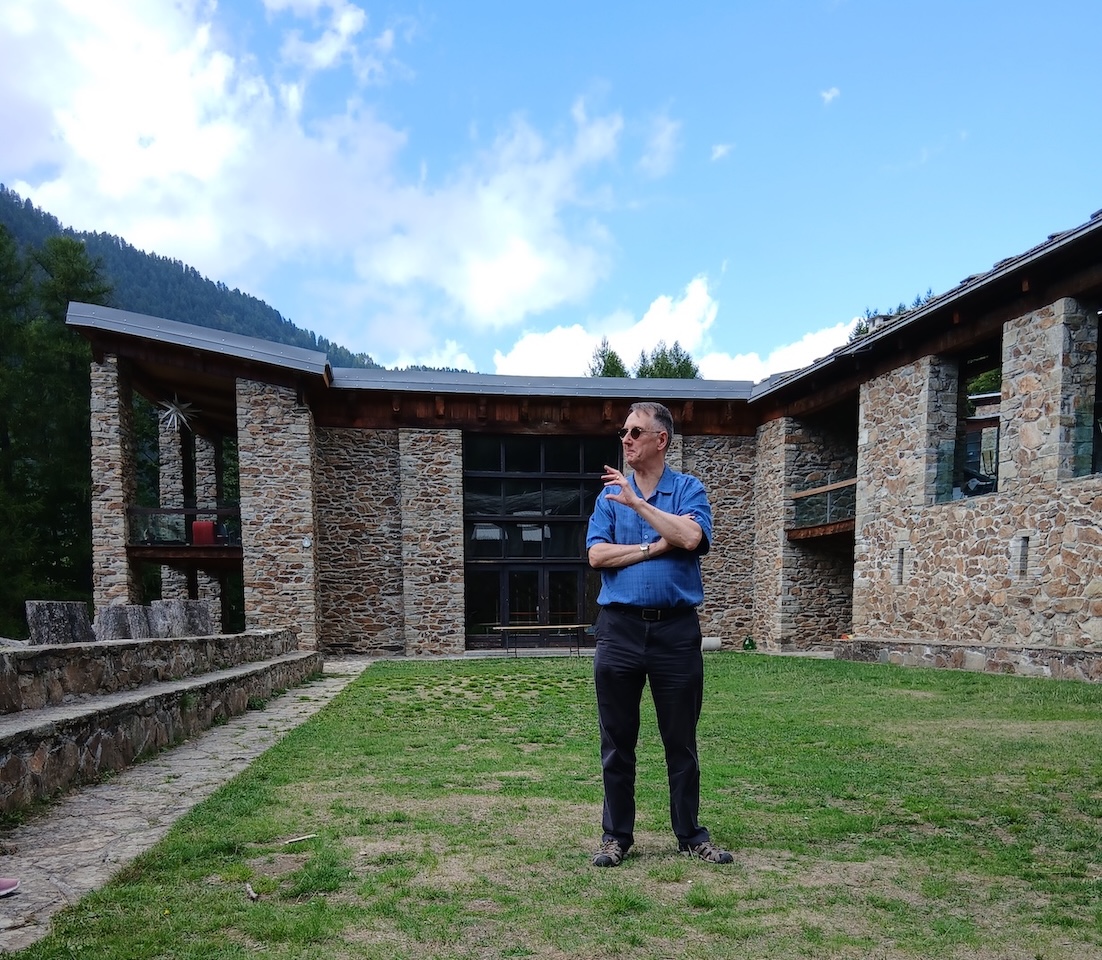
The Scottish College study trip in the second week of September was to Torre Pellice, in the north of Italy. All Tutors and five of the students spent time together as the academic year commenced. Our base was the Foresteria of the Waldensian church, a comfortable and wonderfully hospitable base from which to experience their story in the Alpine Valleys, led by the Revd John Bremner, guides and his many contacts through the Waldensian church.

Our morning worship was led by Tutors including Communion, adapted from the Liturgica Per il Culto Domeniciale 2001; prayer taken from the Corrymeela Community; through image and prayer, interspersed by a Taizé chant sung in Italian; and this reflection offered by Prof Scott Spurlock, one of our Tutors:
In January 1655, the Duke of Savoy ordered all the Waldensians in his territory to convert to Catholicism or face death. When they refused to comply, on Holy Saturday – 24th April - soldiers swept through these valleys in what became known as the “Piedmont Easter.” Families were torn apart, children murdered, villages burned. Yet from the survivors came not cries for revenge, but deeper commitment to the Gospel that had sustained them.
This was not the first persecution they would face, nor would it be the last. As we heard on our visits, these people inspired by Waldo – who himself had been transformed through his reflection of the Sermon on the Mount – faced sporadic persecution for 850 years. They faced systematic attempts to destroy their faith. They have been hunted, displaced, and forced into being refugees in both exile and exodus. They were forced to worship in secret, forbidden to own property or practice trades, and even down to the middle of the 20th century prevented from the basic human right of religious freedom.
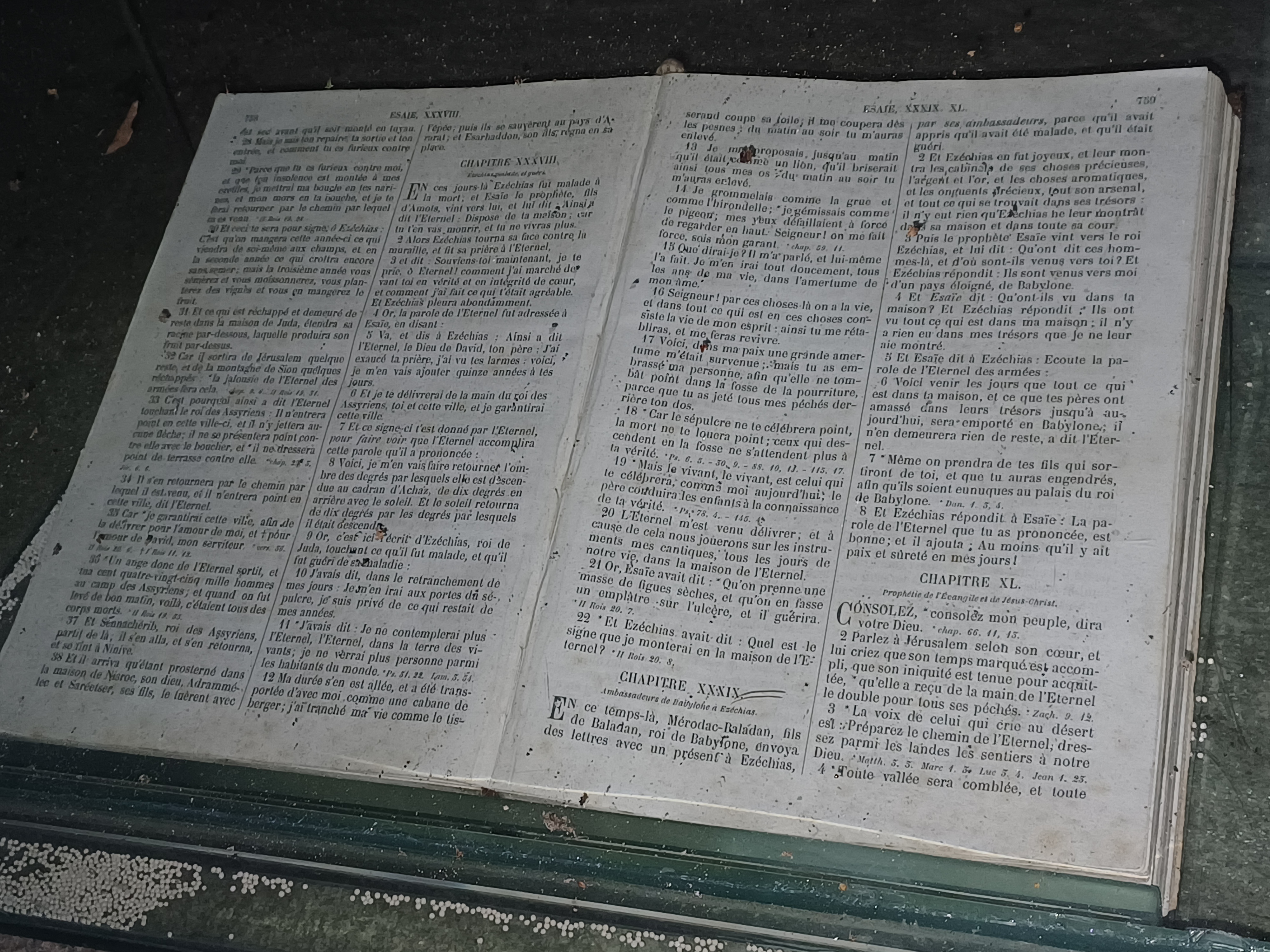
What sustained them? The same faithfulness of God that sustains us today. They discovered what the Psalmist knew: that God is “a very present help in trouble.” They learned that Christ’s promise “I am with you always” means exactly that. Despite being driven higher and higher into the valleys, clinging to the sides of precipitous mountains, they found and embraced the allotment they believed God had bestowed upon them proudly sustained their heritage, their community, their land and their faith could be sustained. The valleys that once probably felt like prisons had become havens of safety. And while they became home, and even a land of Canaan as one 19th century historian who described them as the Israel of the Alps, they did not remain hidden away. When the opportunity presented itself they flowed out like the rivers that rise in the valleys to share the message of God’s love alongside the expansion of that very same political power that had for so long persecuted them.
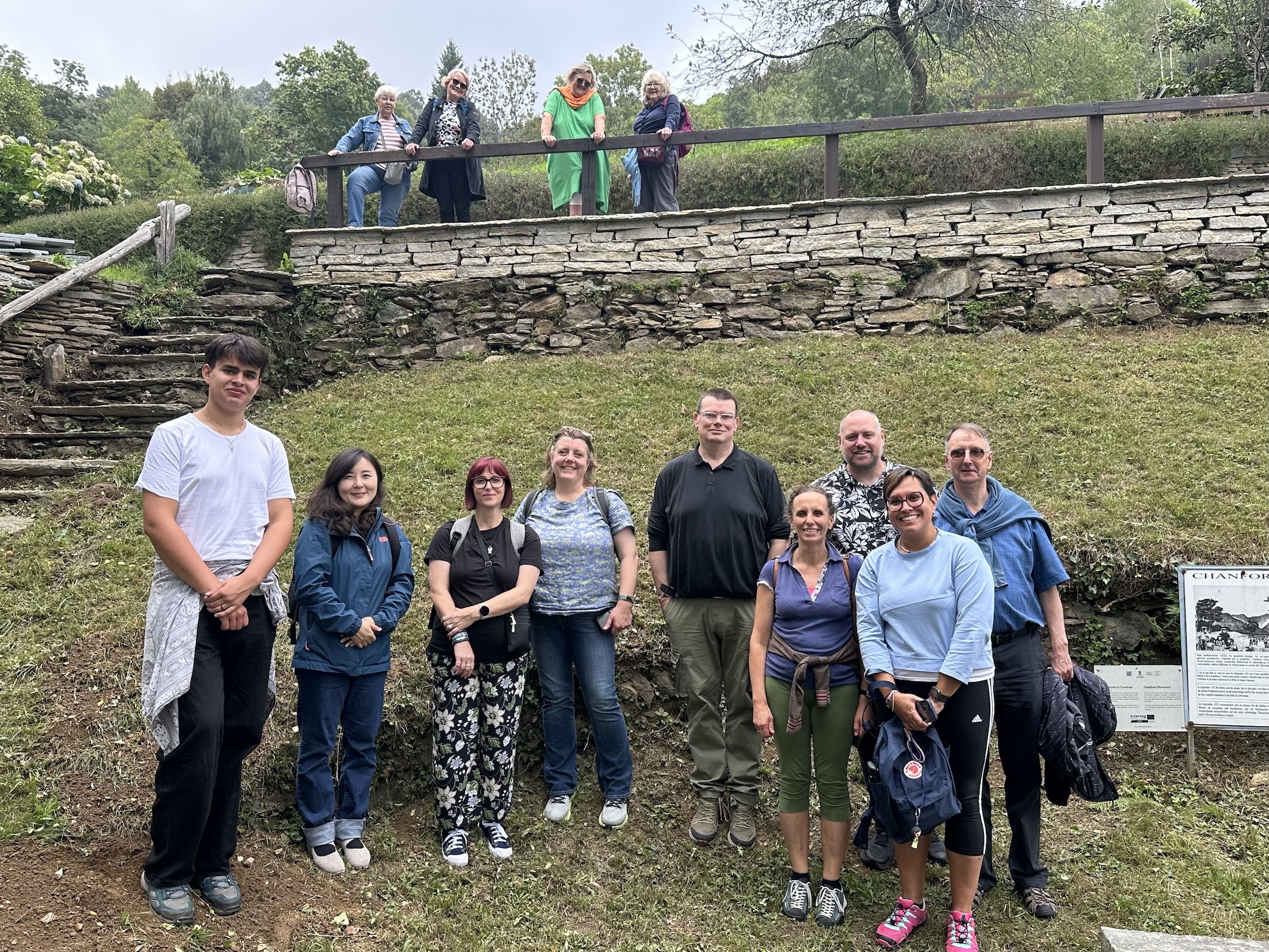
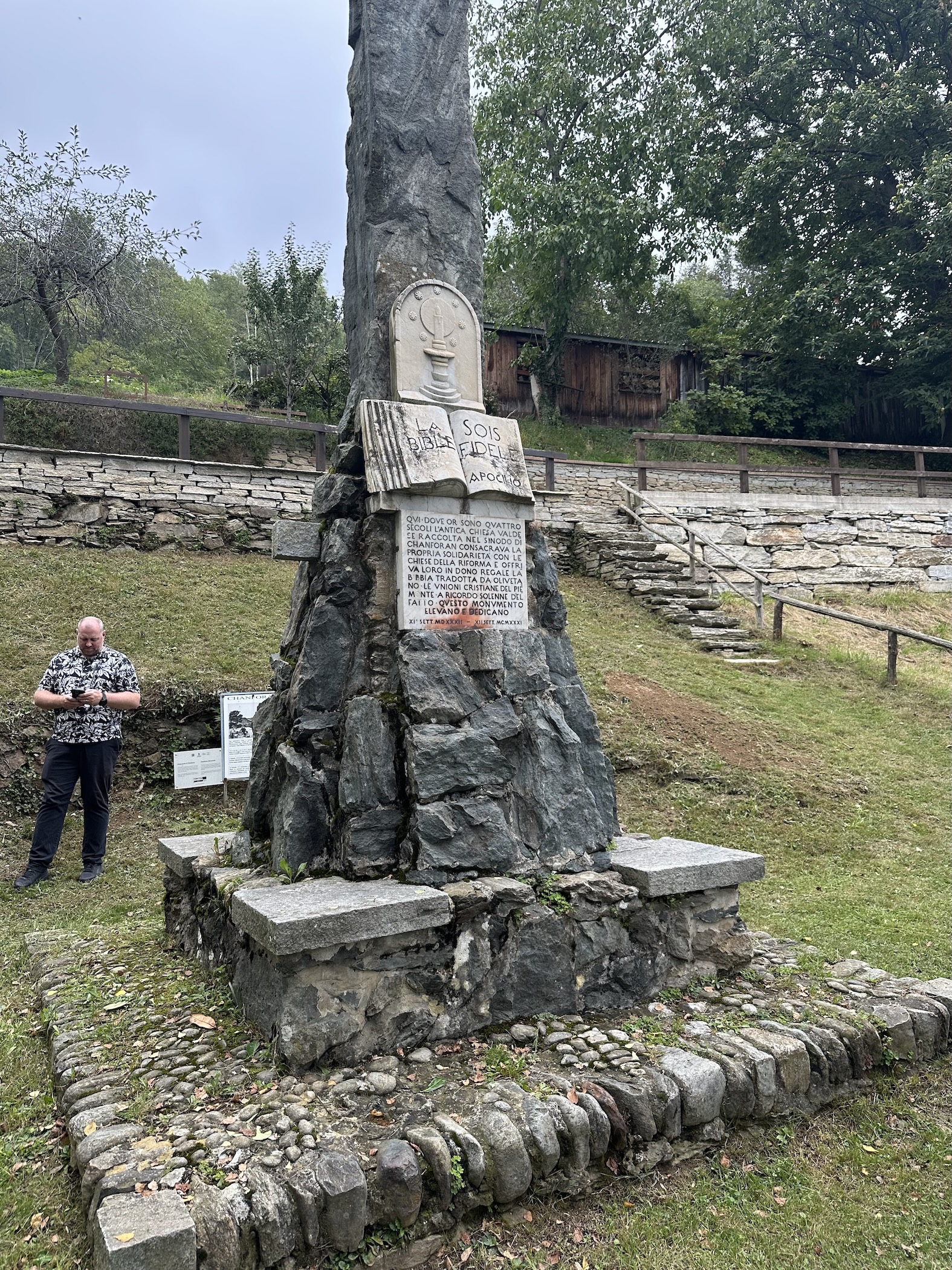
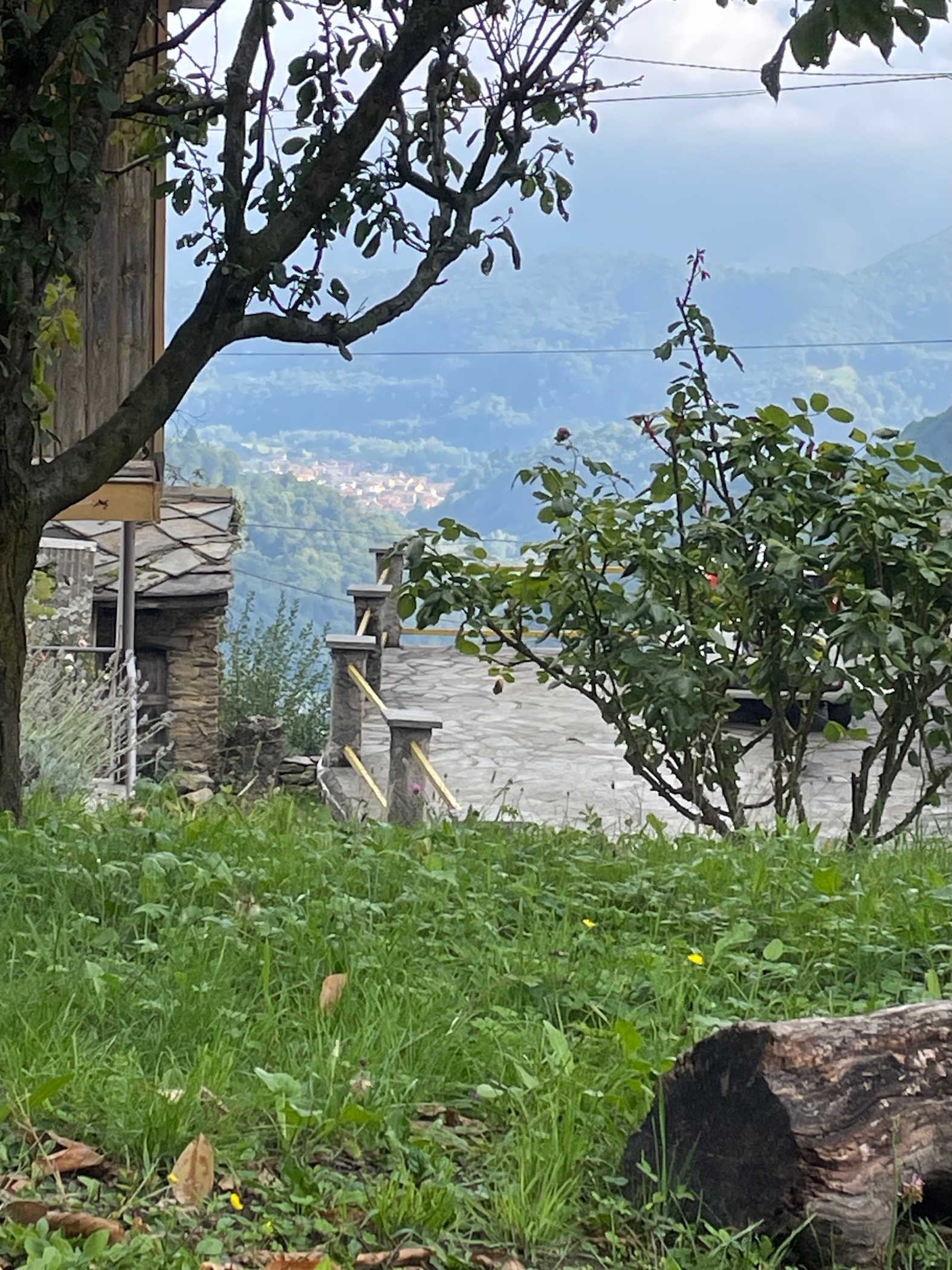
The Waldensians preserved the scriptures by copying them in secret, hiding them in stone walls, memorizing entire books, and eventually translating them for the world. They passed on their faith not through grand cathedrals but through whispered prayers on mountain sides, and then in Tempio that were burned and had to be rebuilt again, and again. They understood that God’s faithfulness is not measured by earthly comfort – by some kind of gospel of prosperity, nor did they quietly acquiesce to powers of oppression, but rather in the faithful and embodied spiritual strength that no persecution can break and no apathy can erode.
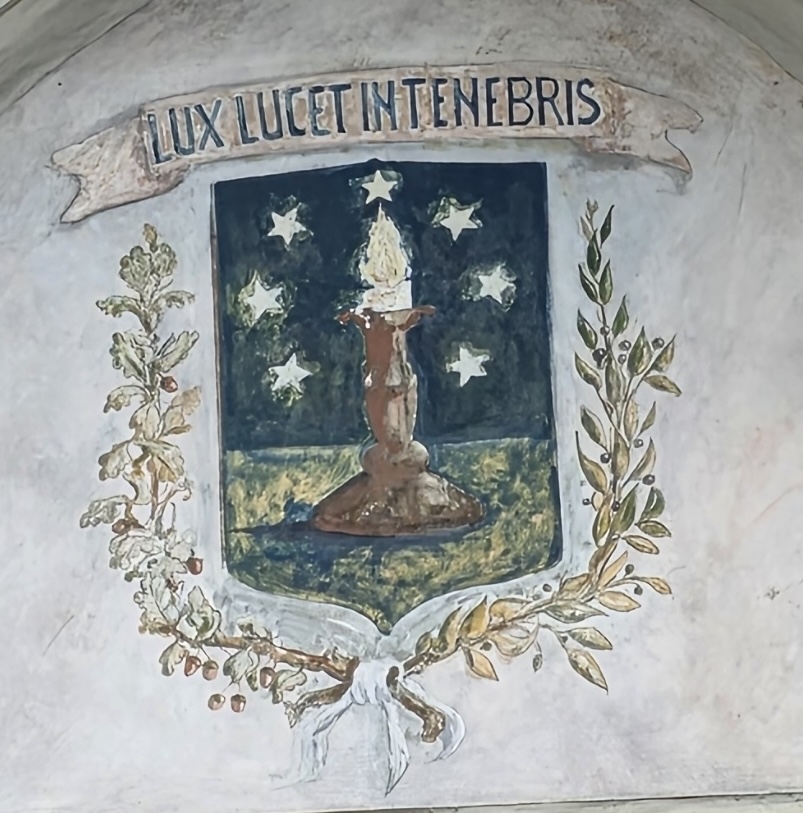
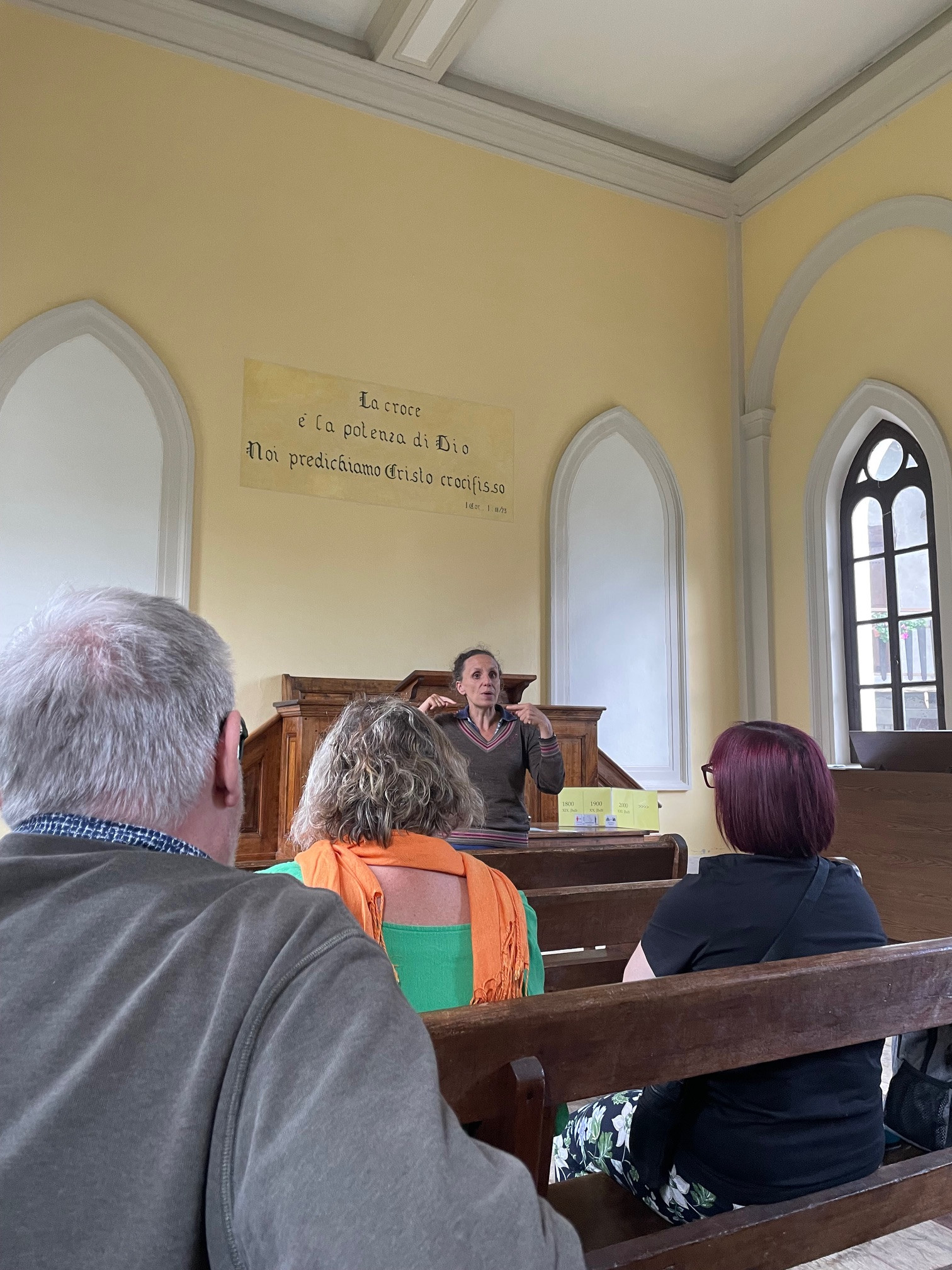
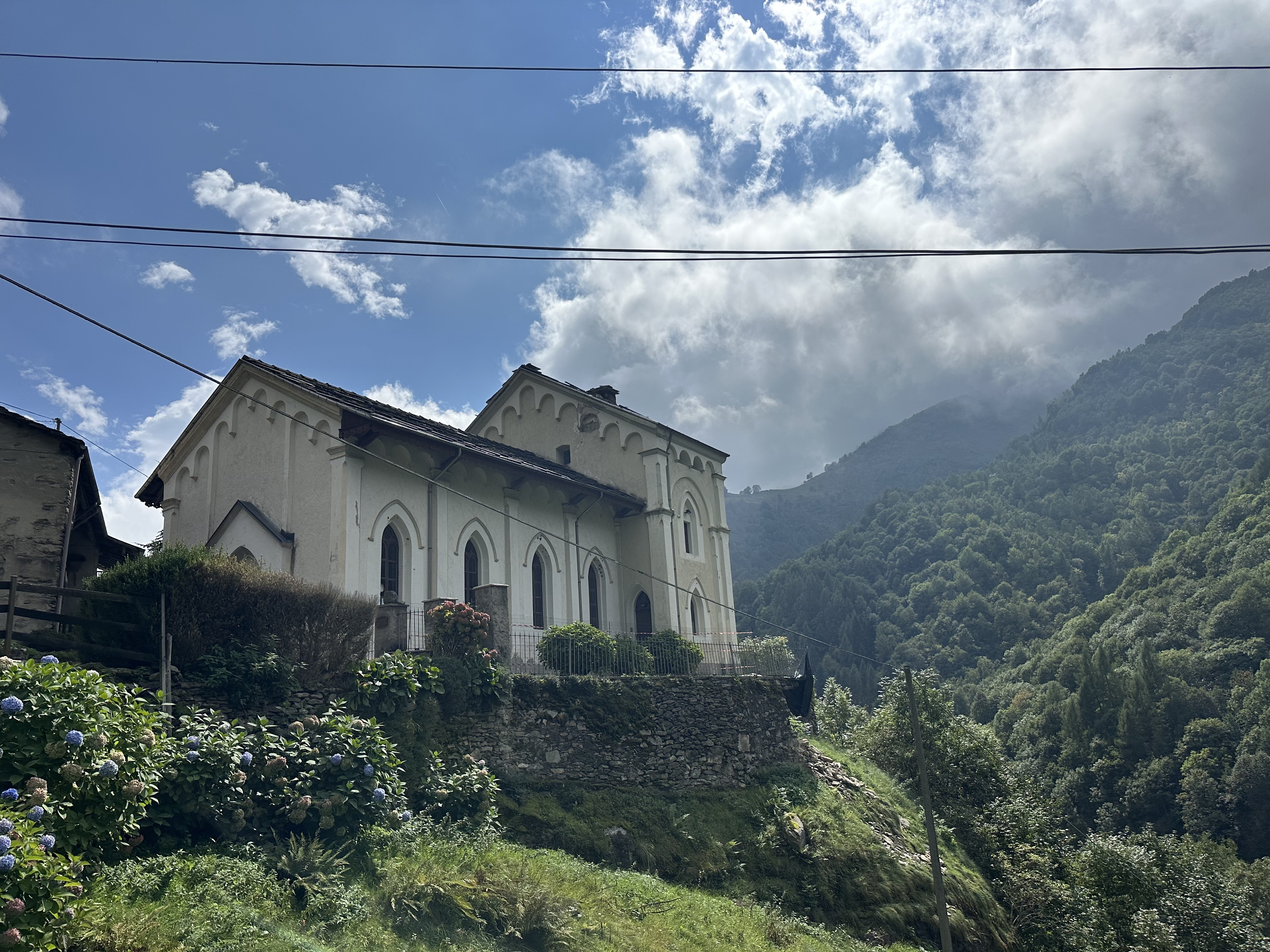
Their motto “Lux lucet in tenebris” - “The light shines in the darkness” - reminds us that the evil plans of human powers cannot prevail against the church, that God’s people cannot be silenced, that love is indeed stronger than death.
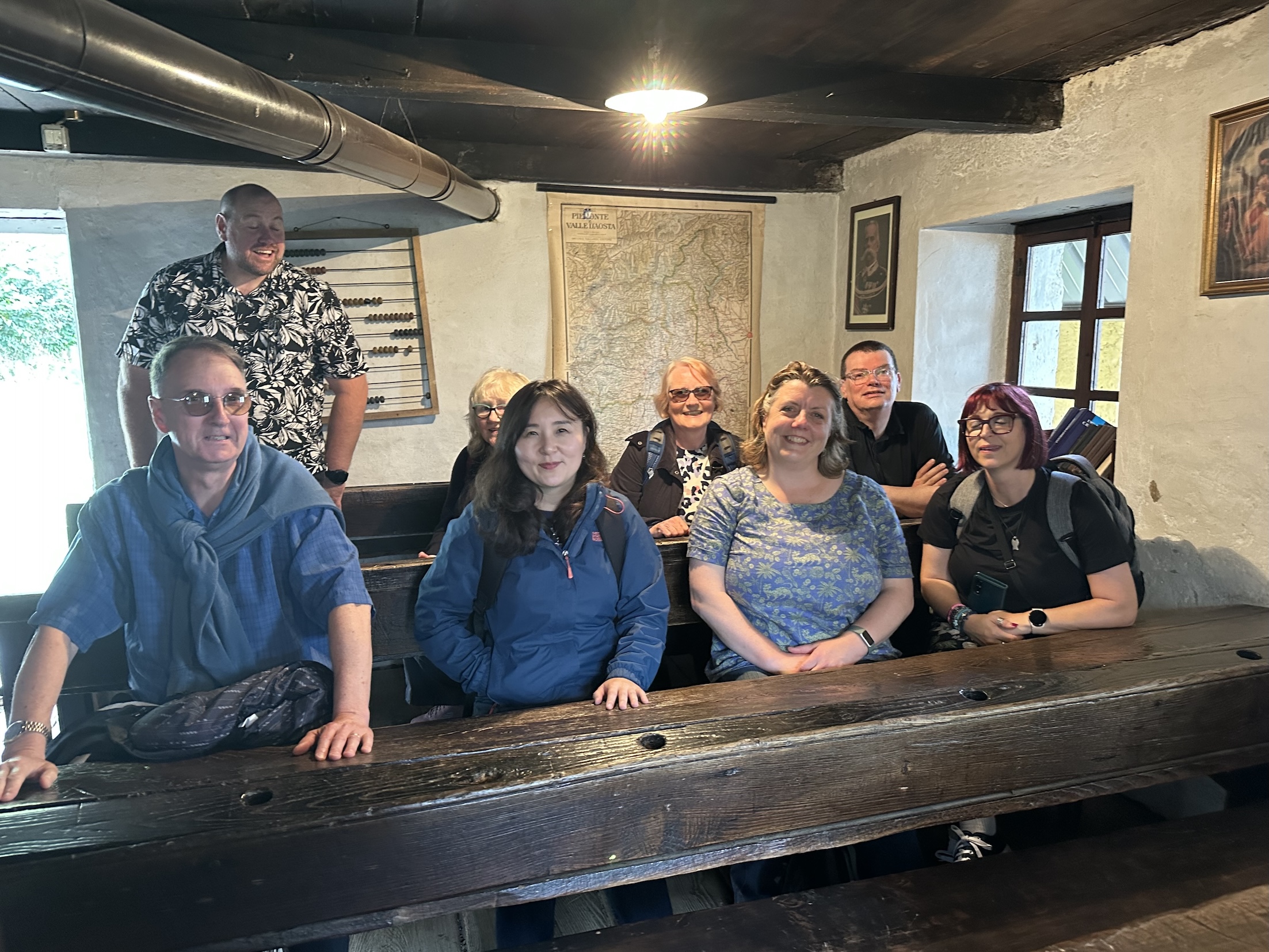
* * * * * * *
On our return, students are working on their reflections on broad themes that follow the Waldensian story. This will be recorded and become digital worship, going live in mid-February 2026.
We hope you will join us to reflect on the journey.
